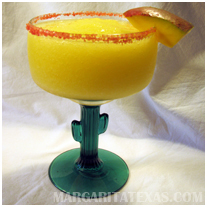Gypsy
Super_Ideal_Rock
- Joined
- Aug 8, 2005
- Messages
- 40,279
So are you taxed on the 18-20% service charge your venue/caterer charges you in addition to being taxed on food and beverage? Or are you taxed on the food and beverage... and the service charge is assessed on the pre-tax total of food and beverage and not taxed?
Inquiring minds want to know. In addition, on the off chance anyone can link me to the law/code that states and governs this, I''d appreciate it. I''m not up on my restuarant law.
Thank you!
Layla
Inquiring minds want to know. In addition, on the off chance anyone can link me to the law/code that states and governs this, I''d appreciate it. I''m not up on my restuarant law.
Thank you!
Layla












300x240.png)